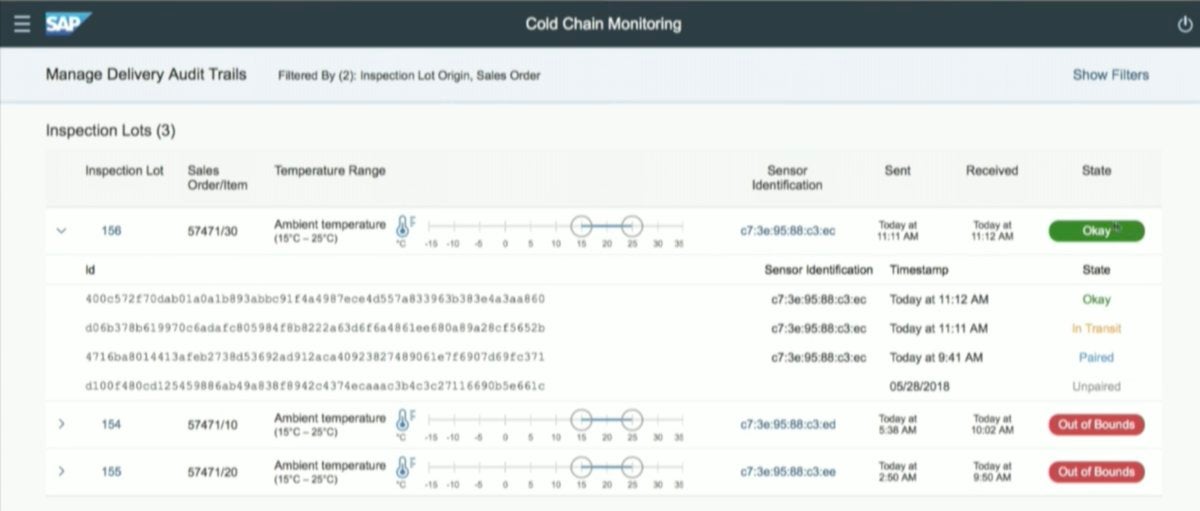Smart contracts are potentially one of the most useful tools associated with blockchain, and they can enable the transfer of everything from bitcoin and fiat currency to goods transported around the world. Here’s what they do and why they’re likely to gain traction.
How smart contracts mimic business rules?
Smart contracts are neither really “smart” nor contracts in the legal sense. They’re no more than business rules translated into software.
“People often ask what makes smart contracts different from business rules automation software or stored procedures. The answer is that conceptually, the principle is the same; but smart contracts can support automating processes that stretch across corporate boundaries, involving multiple organizations; existing ways of automating business rules can’t do that,” Bennett said.
In other words, because smart contract code is running atop an open blockchain ledger, rules can be applied not only within the corporation that coded the smart contract but to other business partners permitted to be on the blockchain.
“In other words, they’re code that does what it’s been programmed to do. If the business rules…have been defined badly and/or the programmer doesn’t do a good job, the result is going to be a mess,” Bennett said. “And, even if designed and programmed correctly, a smart contract isn’t smart – it just functions as designed.”

Translating business rules into code doesn’t automatically turn the result into a legally enforceable agreement between the parties involved (which is what a contract actually is). Although there are some initiatives aimed at making smart contracts automatically legally binding, that path – at least for now – fraught with difficulty and risk, Bennett said. That’s because there’s no agreed standard definition of what a smart contract is.
“And what happens if the software has bugs and yields bad results? Is the resulting loss now also legally binding?” she added.
More detail: https://www.computerworld.com/article/3412140/whats-a-smart-contract-and-how-does-it-work.html